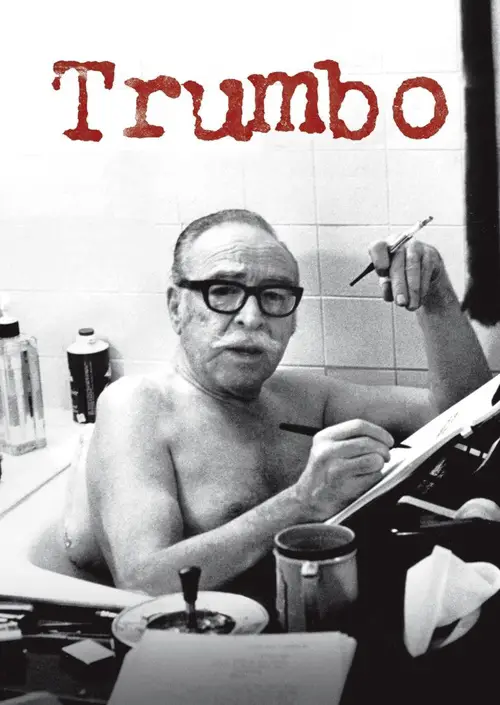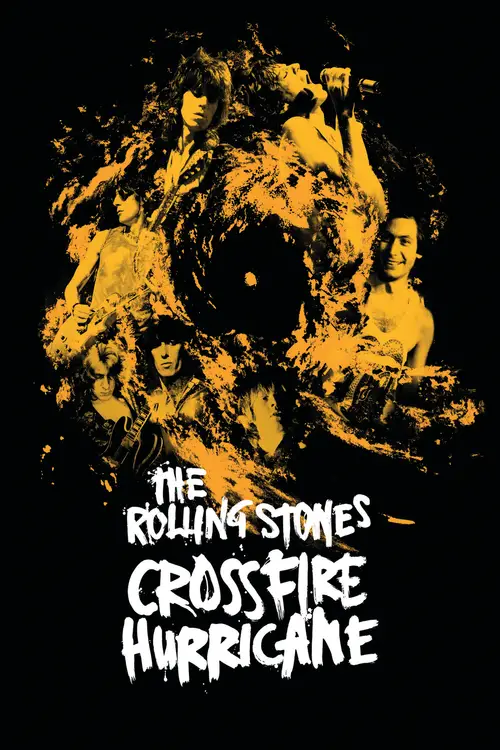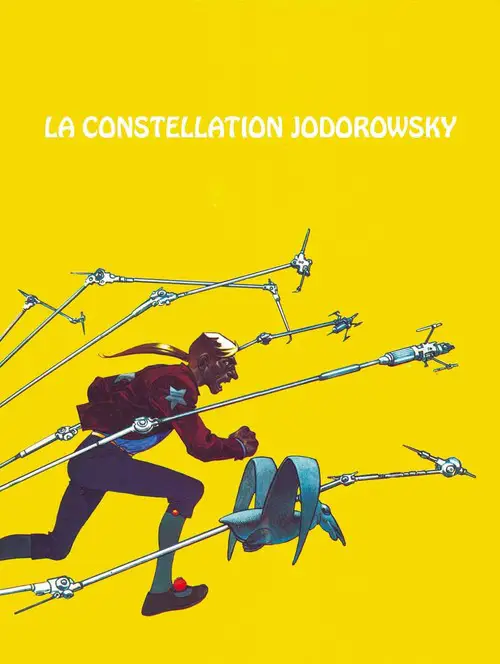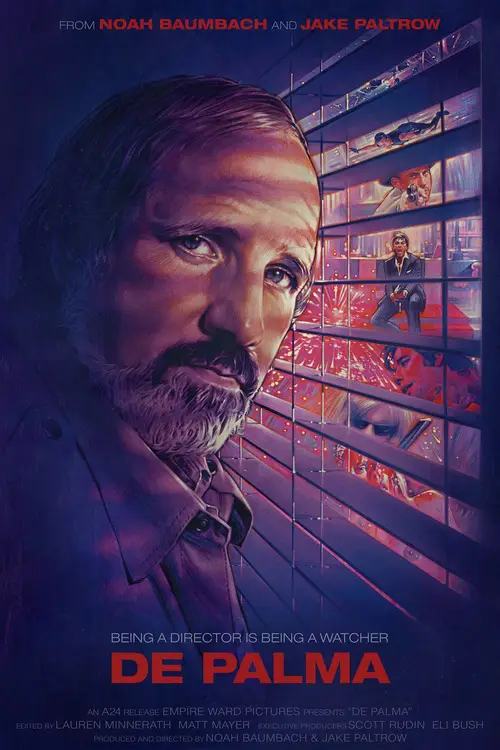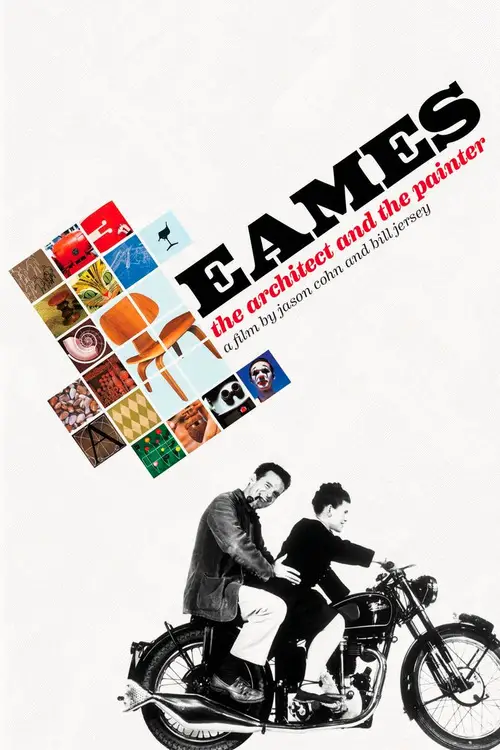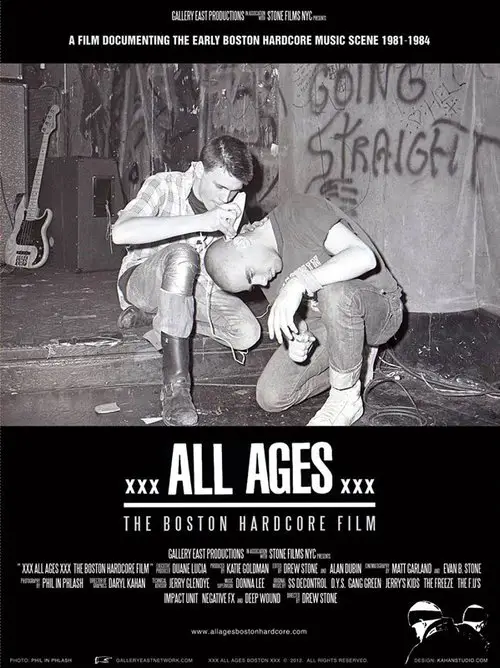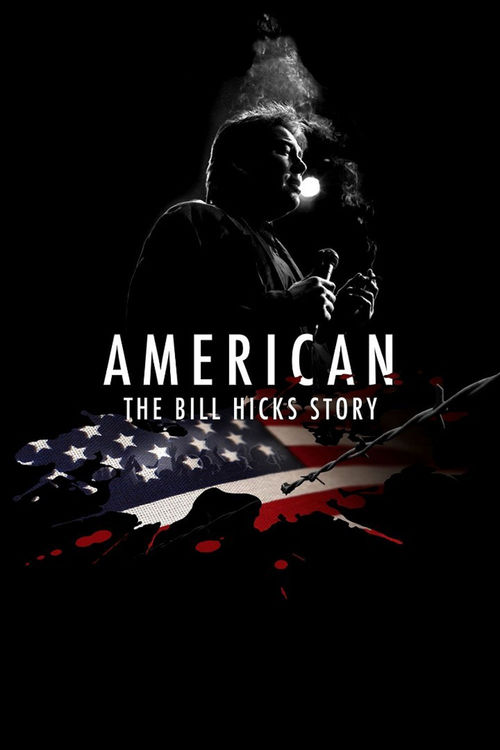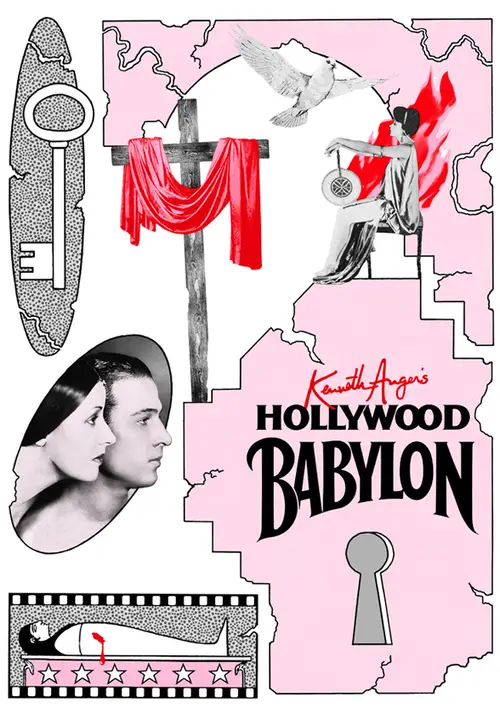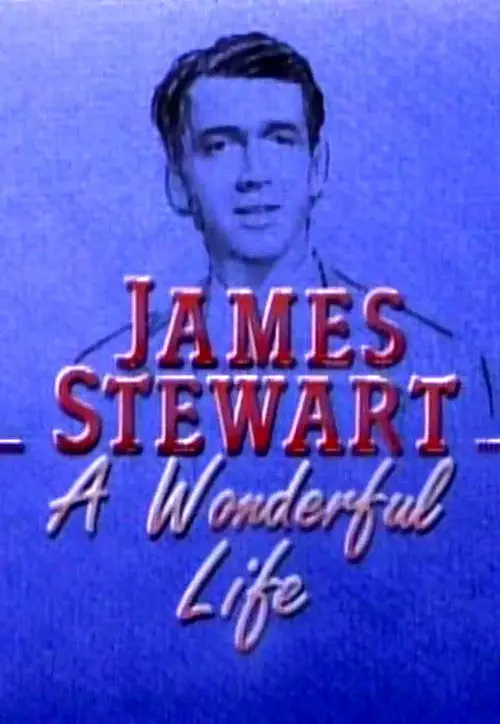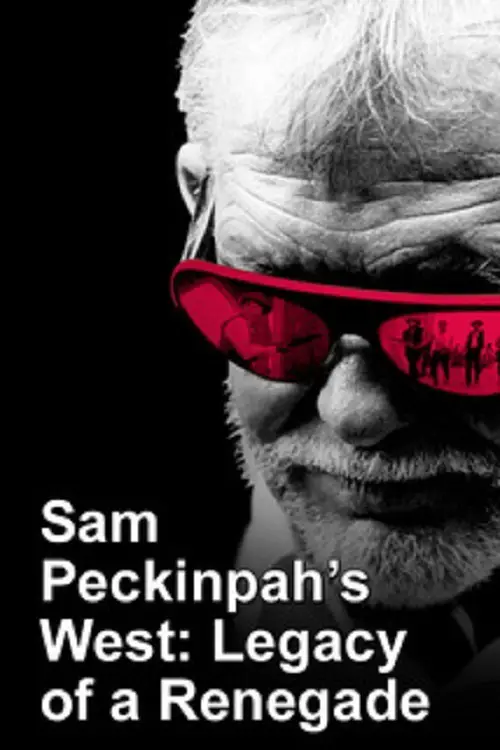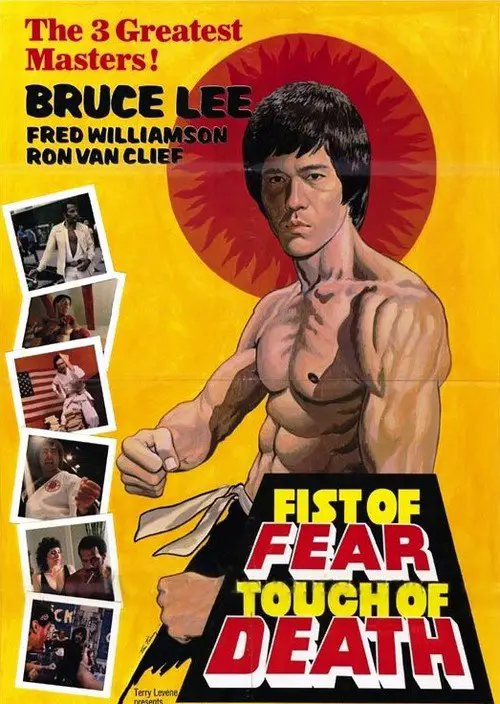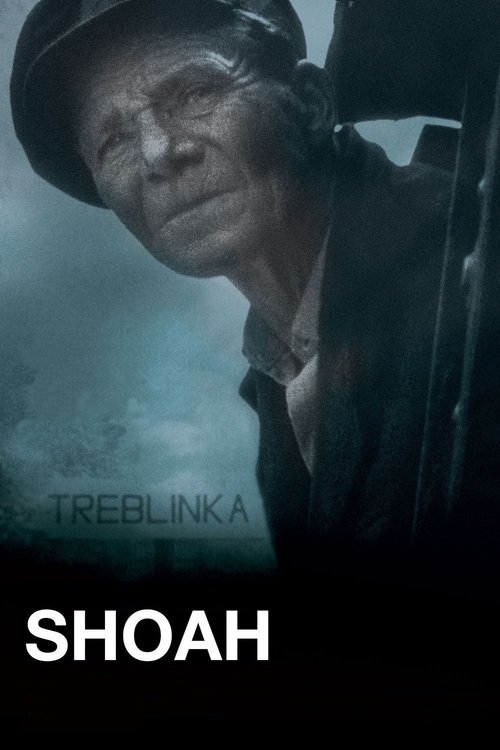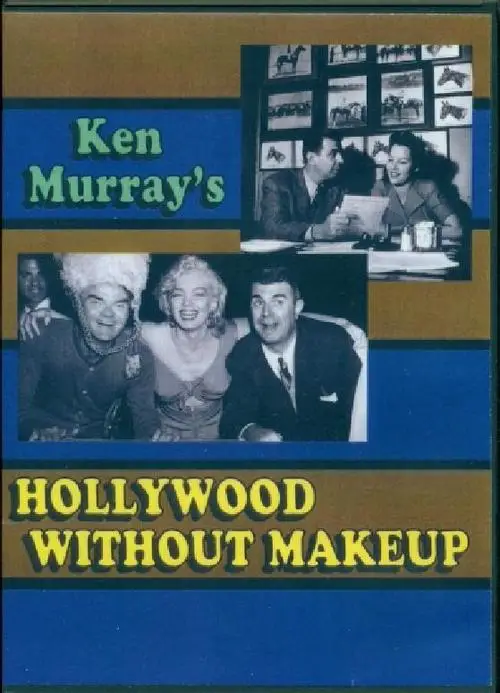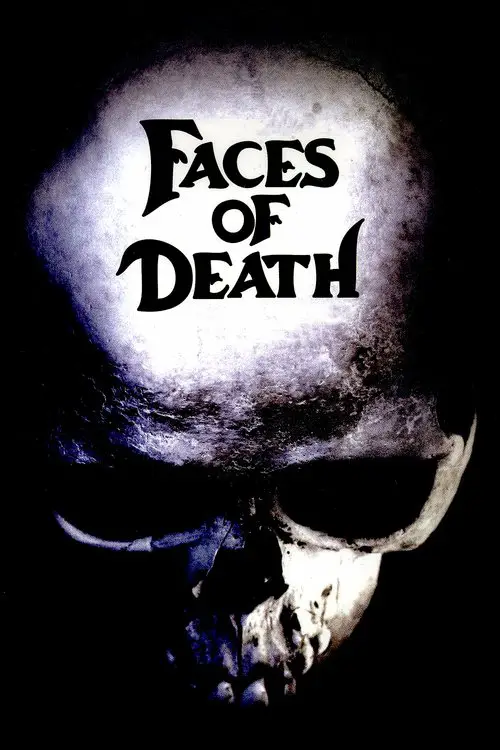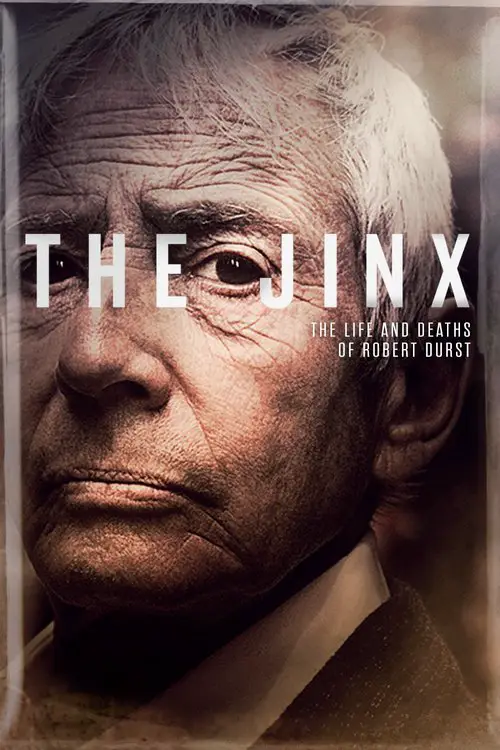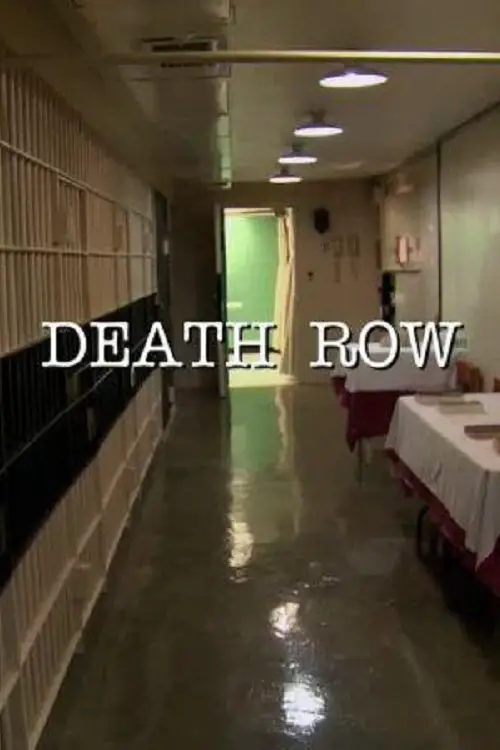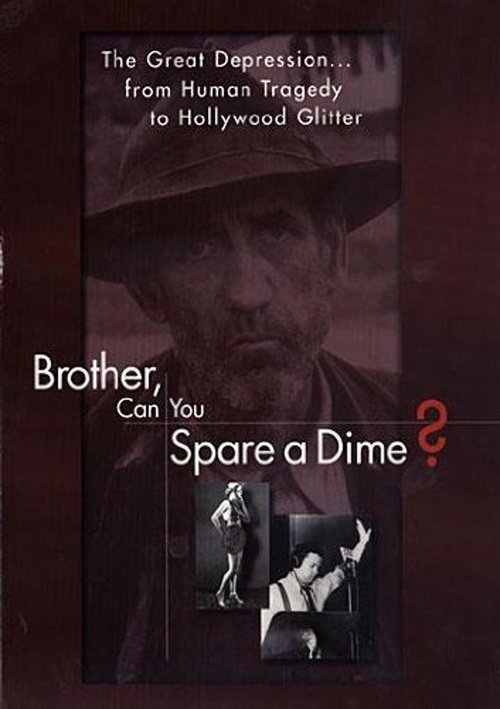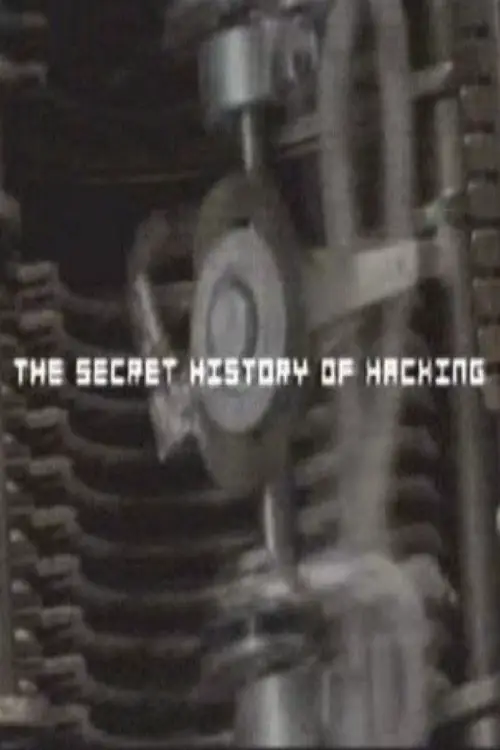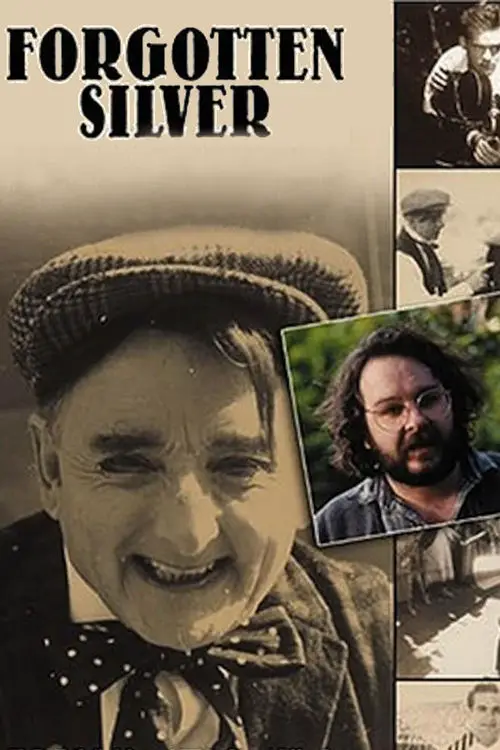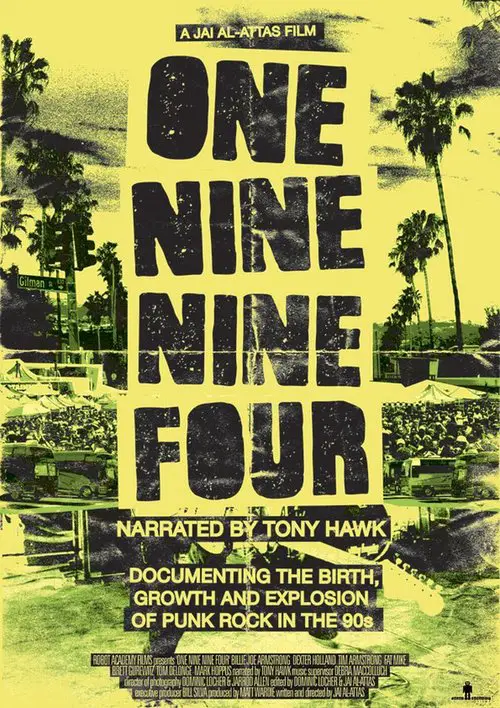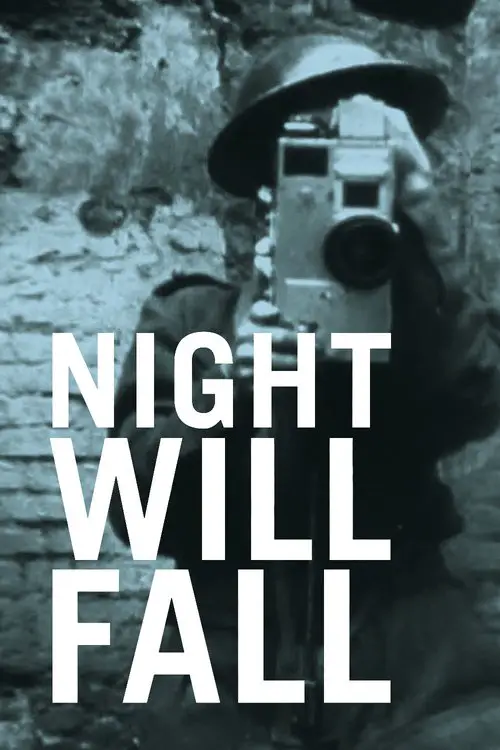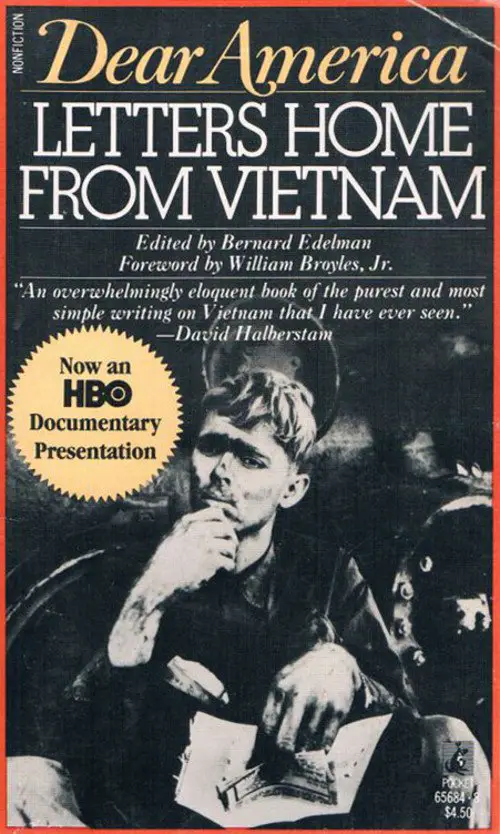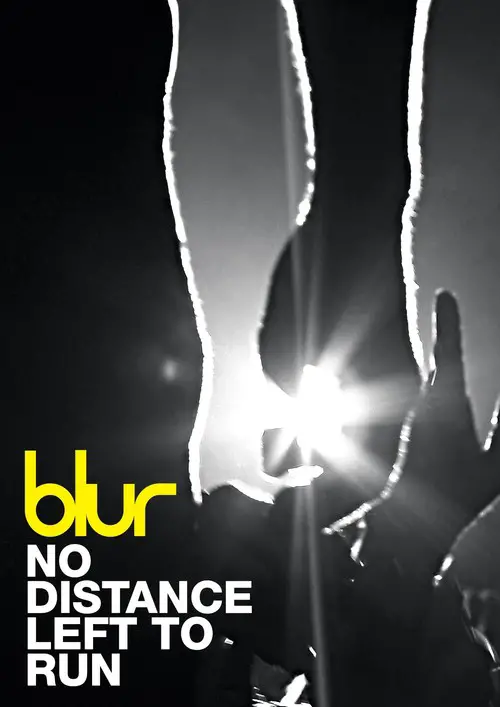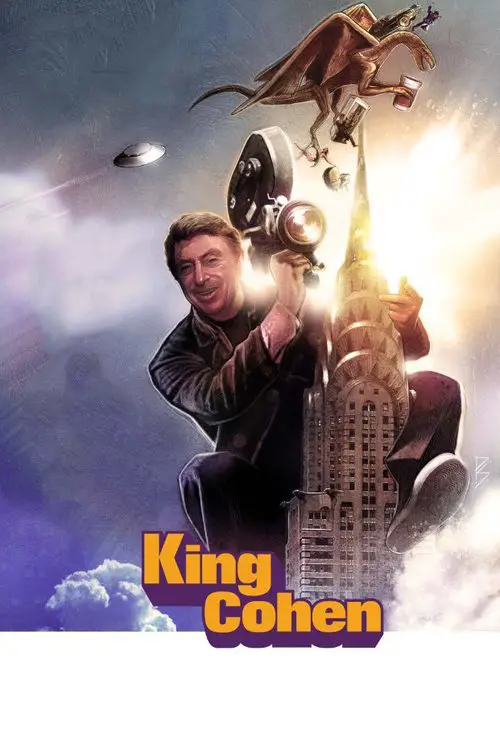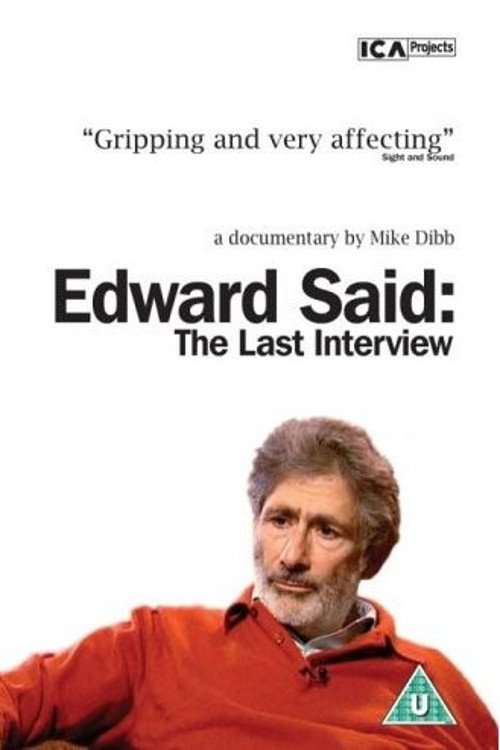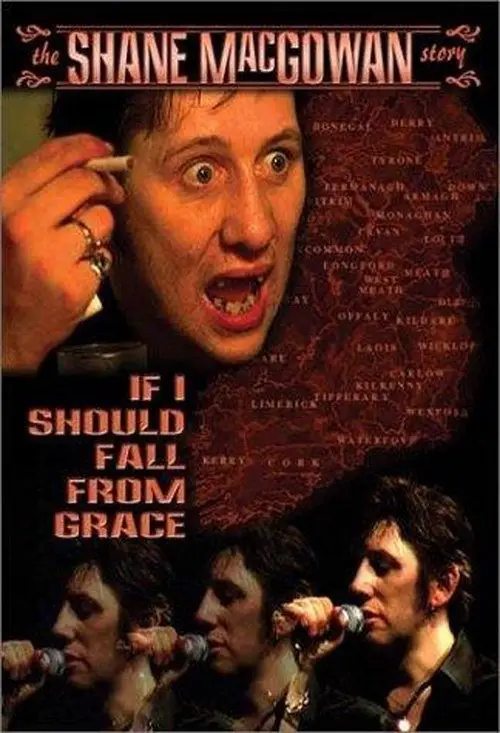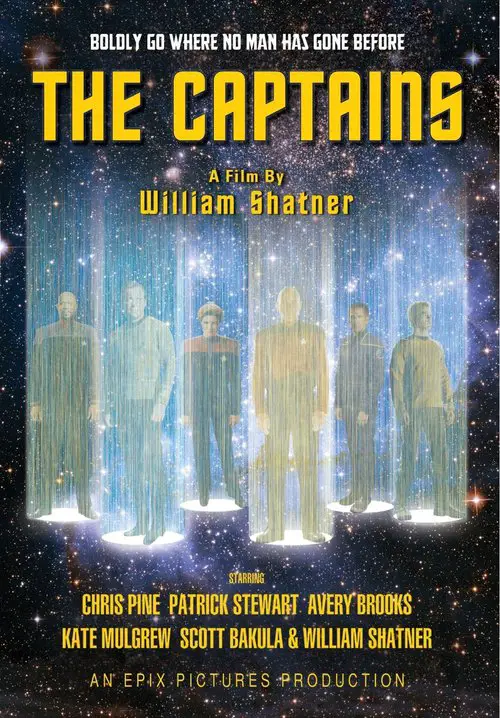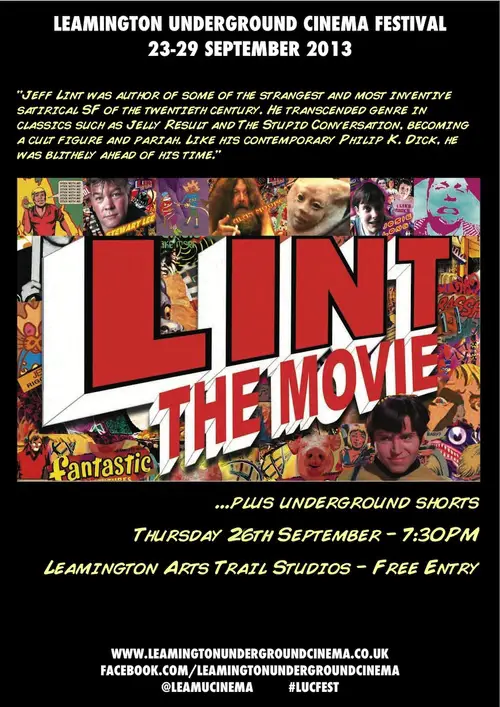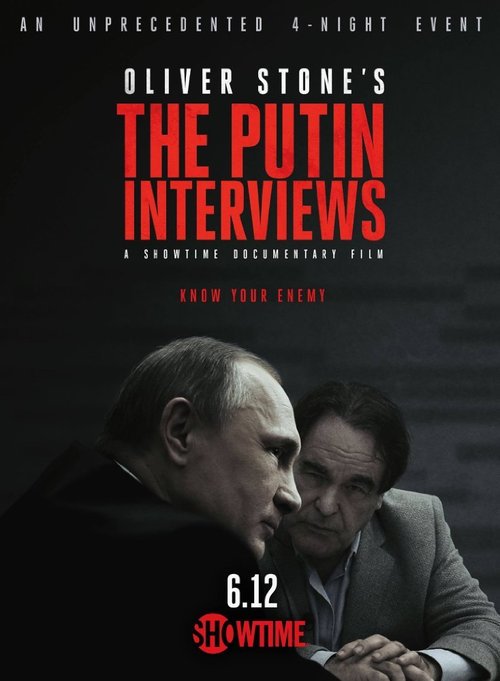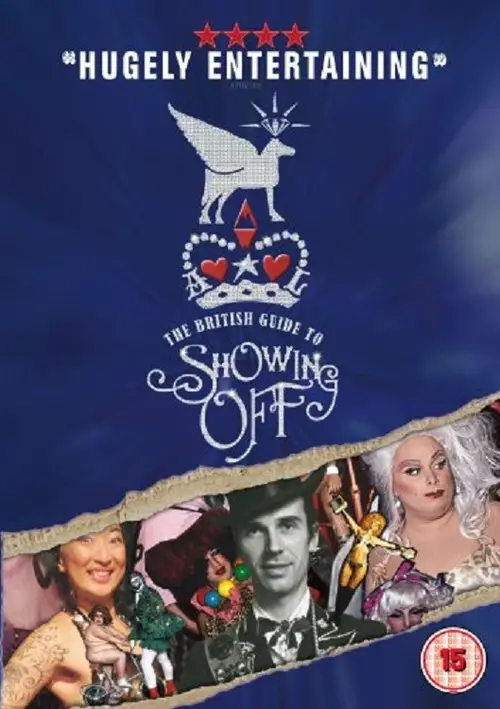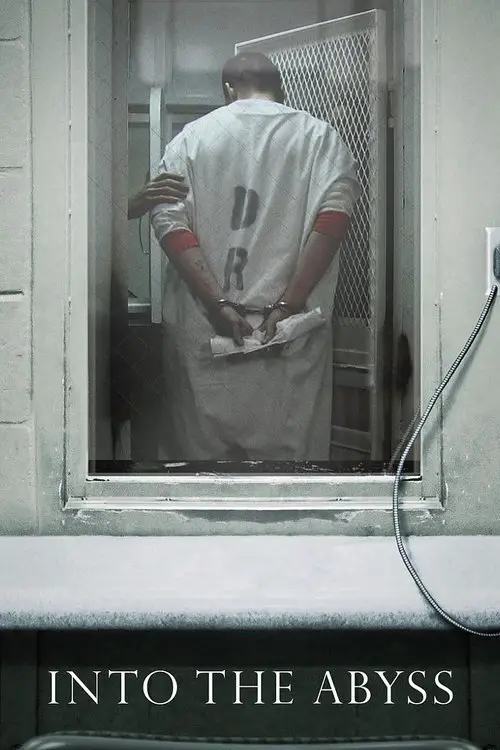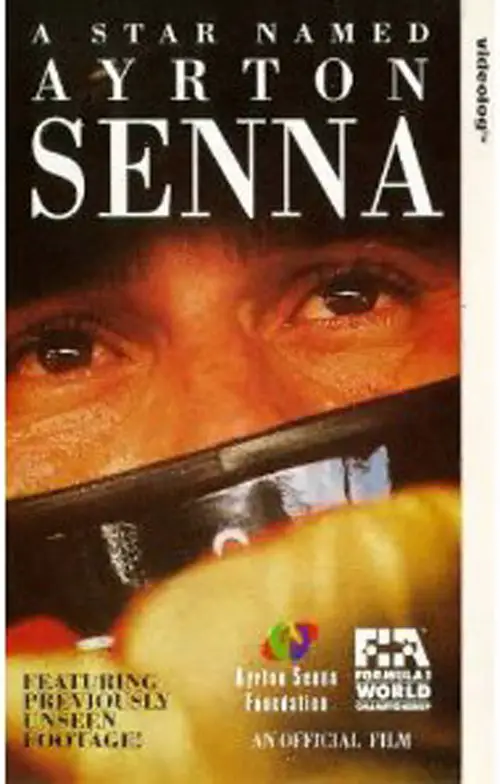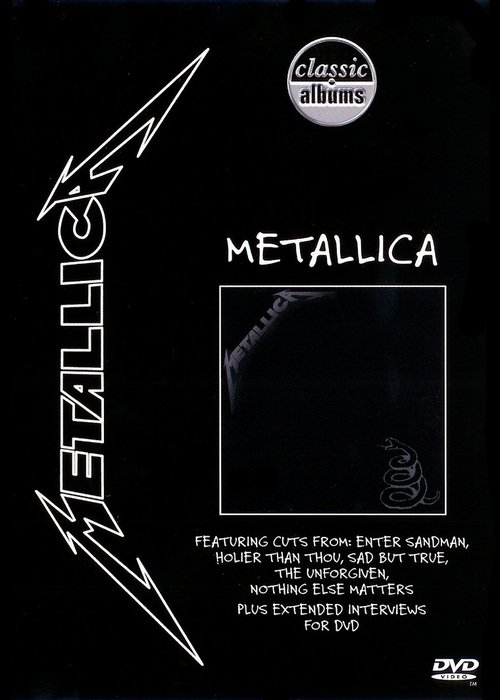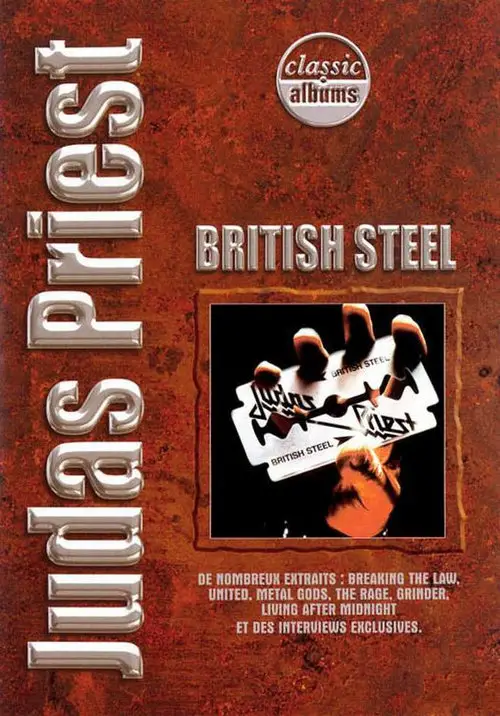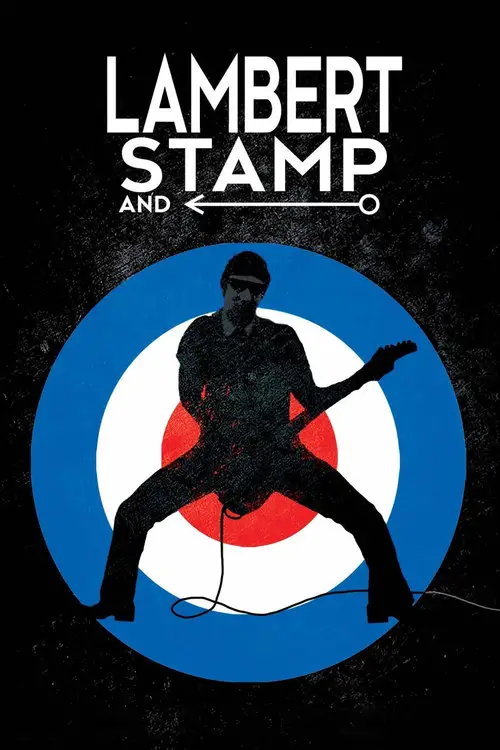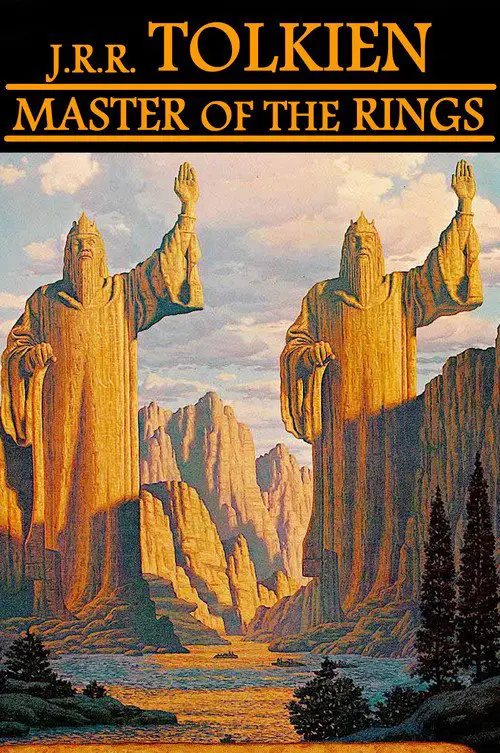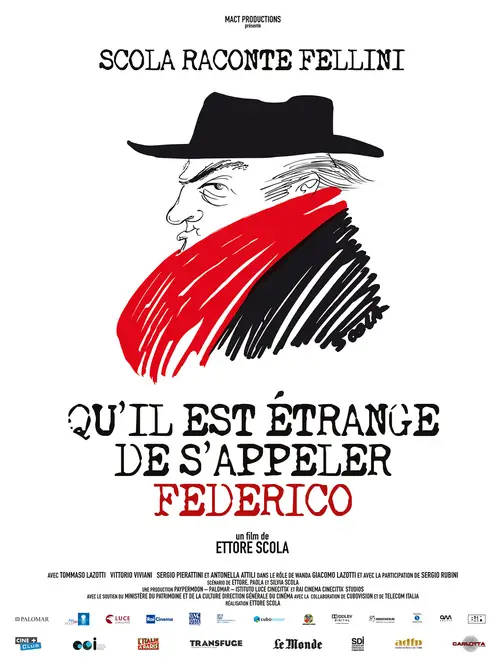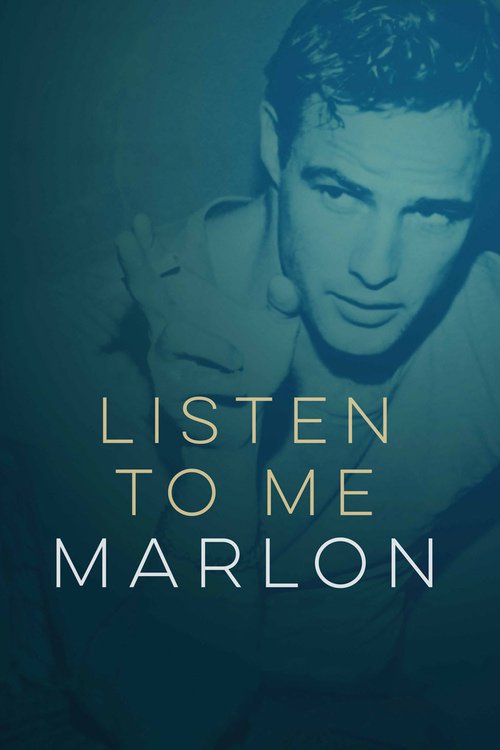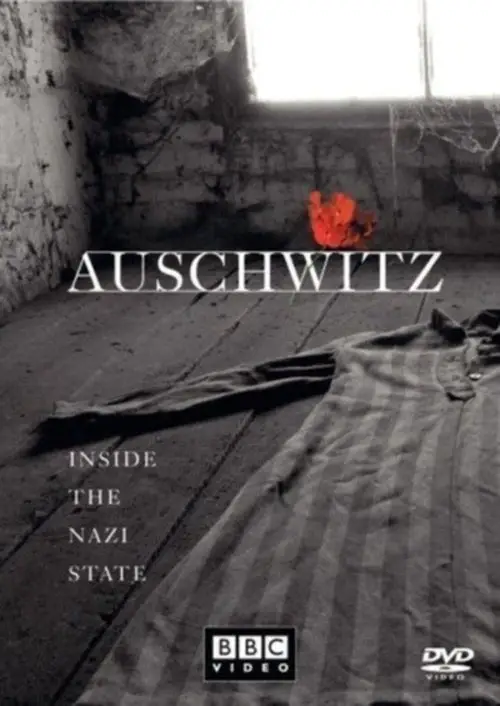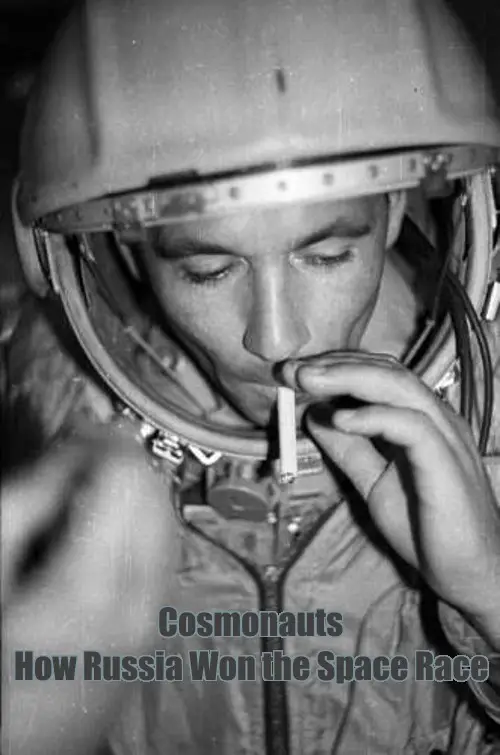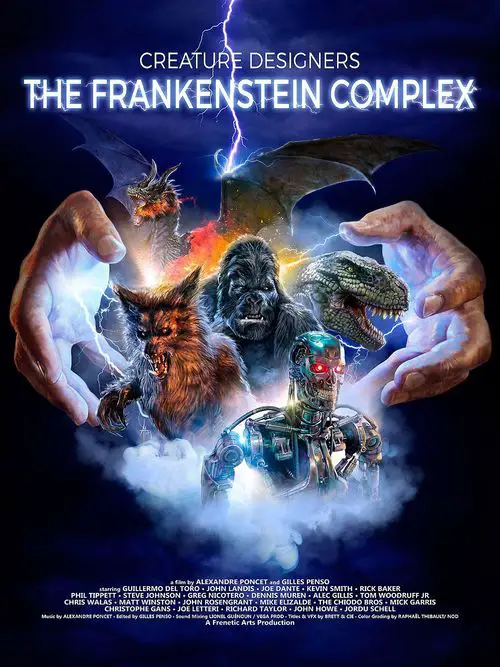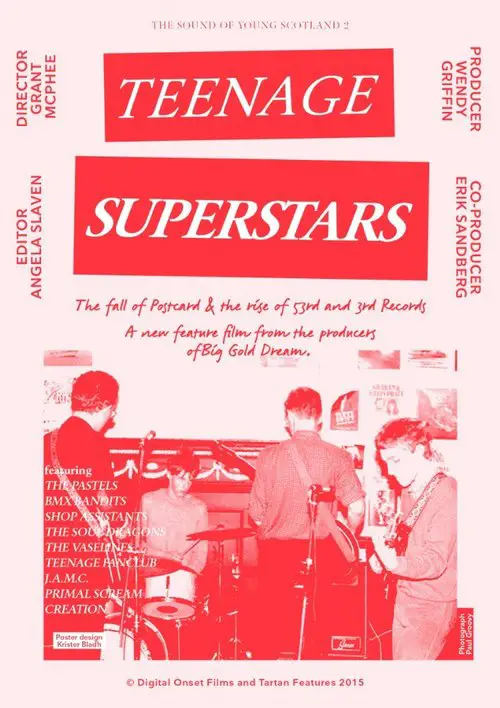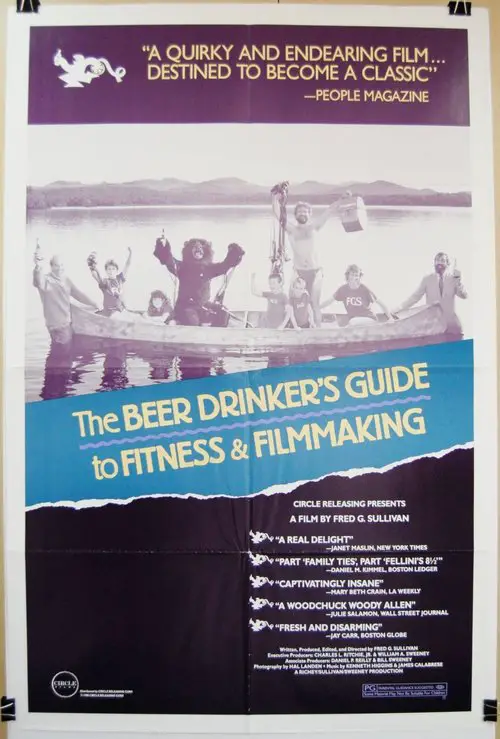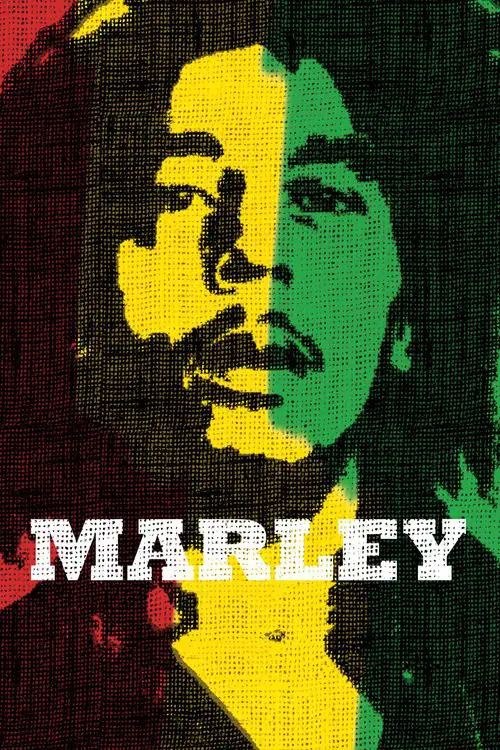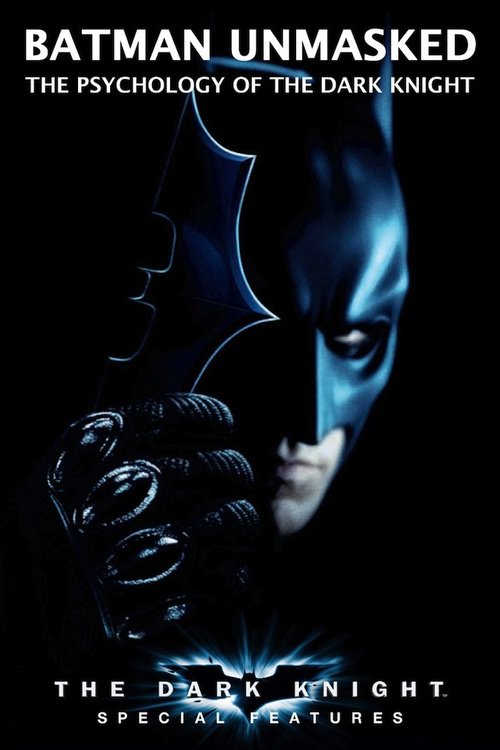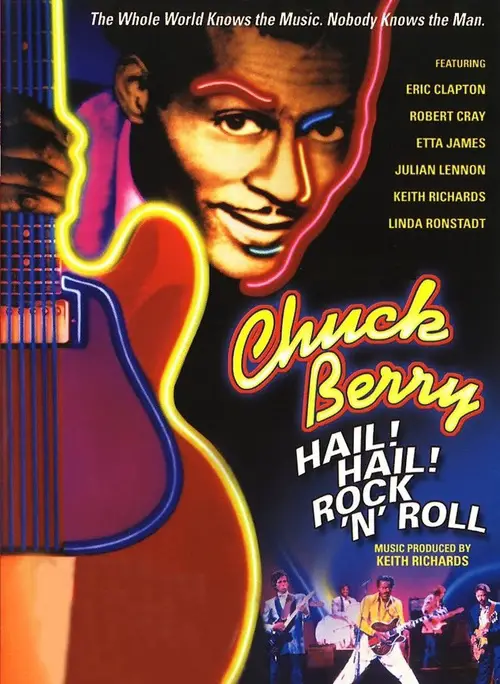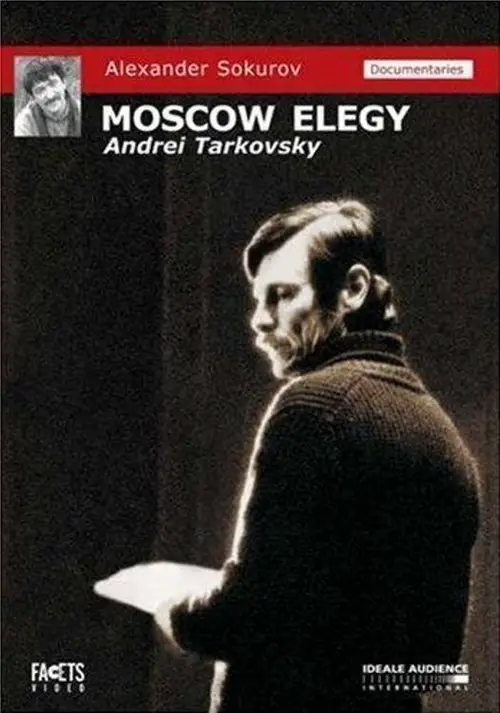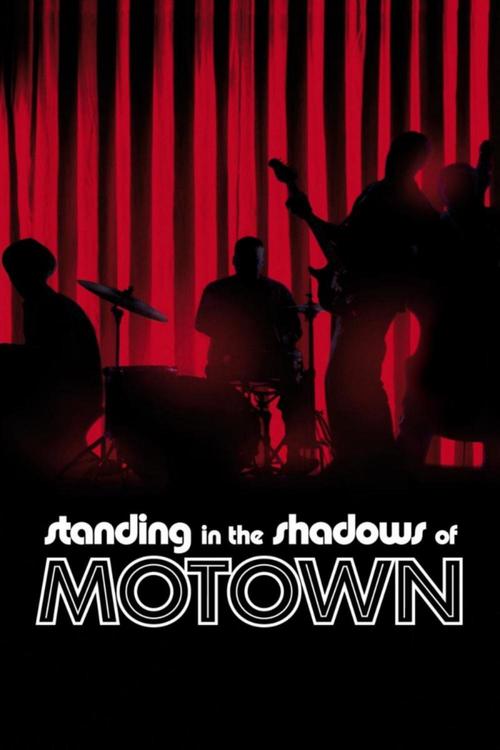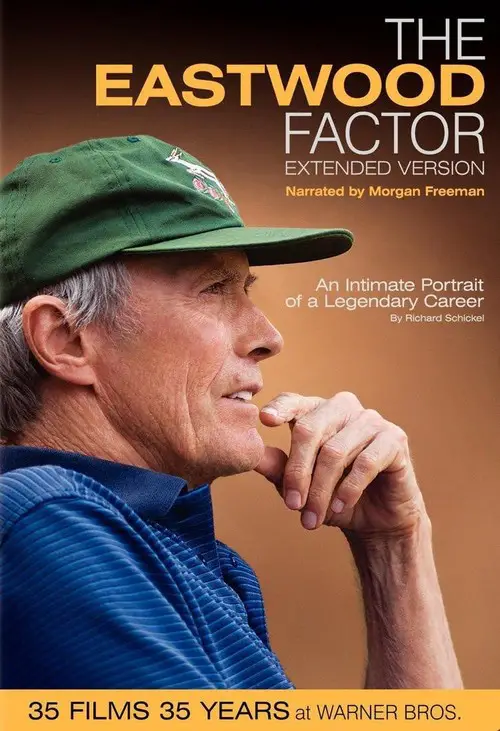The Death of "Superman Lives": What Happened? (2015)
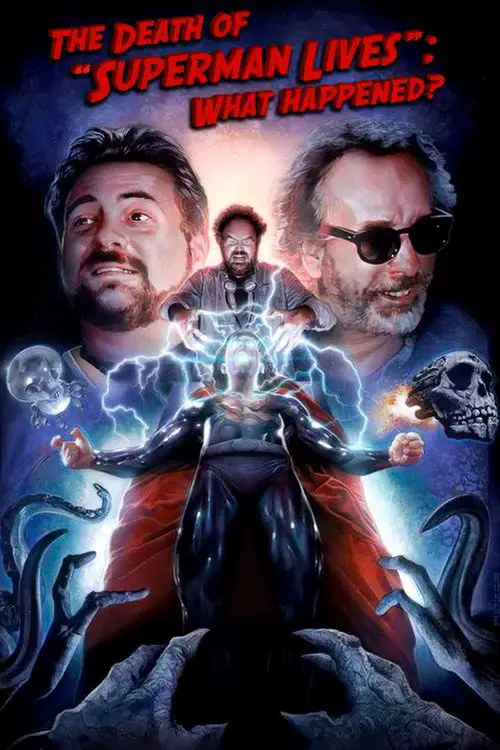
Similar movies
Through a focus on the life of Dalton Trumbo (1905-1976), this film examines the effects on individuals and families of a congressional pursuit of Hollywood Communists after World War II. Trumbo was one of several writers, directors, and actors who invoked the First Amendment in refusing to answer questions under oath. They were blacklisted and imprisoned. We follow Trumbo to prison, to exile in Mexico with his family, to poverty, to the public shunning of his children, to his writing under others' names, and to an eventual but incomplete vindication. Actors read his letters; his children and friends remember and comment. Archive photos, newsreels and interviews add texture. Written by
This film is released as part of the ongoing 50th anniversary celebration of the Rolling Stones. It tells the story of the Stones' unparalleled journey from blues obsessed teens in the early 60s to their undisputed status as rock royalty. All of the Stones have been newly interviewed and their words form the narrative arc that links together archive footage of performances, news coverage, and interviews, much of it previously unseen. Taking its title from a lyric in "Jumpin' Jack Flash," this film gives the viewer an intimate insight into exactly what it's like to be part of the Rolling Stones as they overcome denunciation, drugs, dissensions, and death to become the definitive survivors. Over a year in the making and produced with the full cooperation and involvement of the Stones, this film is and will remain the definitive story of the world's greatest rock 'n' roll band
This documentary depicts the filmmaker Alejandro Jodorowsky talking about his life, his loves, his career as a filmmaker, graphic novelist, and workshop leader, and his eccentricities including tarot reader and theatrical director during The Panic Movement. Directed by Louis Mouchet, La Constellation Jodorowsky includes a lengthy on-camera interview with Jodorowsky in Spanish with subtitles. Marcel Marceau, Fernando Arrabal, Peter Gabriel, Jean "Moebius" Giraud, and Jean Pierre Vignau make appearances discussing their various projects with the director. In addition to the interview and film clips, Mouchet features some bizarre footage from Jodorowskyâs absurdist plays in which topless women splattered with paint writhe around the stage in a theatrical production meant to represent The Panic Movement, i.e., an artistic expression in which reason cannot fully express the human experience.
The husband-and-wife team of Charles and Ray Eames were America's most influential and important industrial designers. Admired for their creations and fascinating as individuals, they have risen to iconic status in American culture. 'Eames: The Architect & The Painter' draws from a treasure trove of archival material, as well as new interviews with friends, colleague, and experts to capture the personal story of Charles and Ray while placing them firmly in the context of their fascinating times.
A documentary film that explores the early Boston Hardcore music scene from the years 1981 through 1984. This film delves into the social and communal aspects of that particular era. The community, culture, straight edge and DIY (do it yourself) ethic of the time are all explored in the film. Never before seen archival footage, photographs, interviews and dramatizations make up the body of the film. Bands included are SS Decontrol, DYS, Gang Green, The FU's, Jerry's Kids, Negative FX, The Freeze, and more.
Using archival footage, United States Cabinet conversation recordings, and an interview of the eighty-five-year-old Robert McNamara, 'The Fog of War' depicts his life, from working as a WWII Whiz Kid military officer, to being the Ford Motor Company's president, to managing the American Vietnam War, as defense secretary for presidents Kennedy and Johnson.
American: The Bill Hicks Story is a biographical documentary film on the life of comedian Bill Hicks. The film was produced by Matt Harlock and Paul Thomas, and features archival footage and interviews with family and friends, including Kevin Booth. The filmmakers used a cut-and-paste animation technique to add movement to a large collection of still pictures used to document events in Hicks' life. The film made its North American premiere at the 2010 South by Southwest Film Festival. The film was nominated for a 2010 Grierson British Documentary Award for the "Most Entertaining Documentary" category. It was also nominated for Best Graphics and Animation category in the 2011 Cinema Eye Awards. Awards won include The Dallas Film Festivals Texas Filmmaker Award, at Little Rock The Oxford American's Best Southern Film Award, and Best Documentary at the Downtown LA Film Festival. On Rotten Tomatoes, 81% of the first 47 reviews counted were rated positive.
Profile of Kenneth Anger, looking at the uproar his books on Hollywood scandals caused and journeying through the darker side of Hollywood's history, including film clips, and Anger playing a guide with comedian Mike McShane playing the God of Hollywood. It also includes a look at some of Anger's own work.
A warm retrospective tribute on the life and career of actor James Stewart (1908-1997), hosted and narrated by Johnny Carson, with clips from many of his films and interviews with both Jimmy Stewart and several people who have worked with him.
Carson interviews Stewart in a casual setting while strolling through movie sets and some of the settings for some of Jimmy's best known films.
They discuss Mr. Stewarts philosophy of life and career. The movie clips shown cover the entire career of one of the most respected and beloved of American actors.
Also interviewed are Jimmy's wife, Gloria, Katherine Hepburn, Peter Bogdanovich, Clint Eastwood, Richard Dreyfuss, then President Reagan and first lady Nancy Reagan, Lee Remick and Gene Kelly.
What "That's Entertainment" did for movie musicals, "The Celluloid Closet" does for Hollywood homosexuality, as this exuberant, eye-opening movie serves up a dazzling hundred-year history of the role of gay men and lesbians have had on the silver screen. Lily Tomlin narrates as Oscar-winning moviemaker Rob Epstein (The Times of Harvey Milk and Common Threads: Stories from the Quilt) and Jeffrey Friedman assemble fabulous footage from 120 films showing the changing face of cinema sexuality, from cruel stereotypes to covert love to the activist triumphs of the 1990s. Tom Hanks, Susan Sarandon, Whoopi Goldberg, Tony Curtis, Harvey Fierstein and Gore Vidal are just a few of the many actors, writers and commentators who provide funny and insightful anecdotes.
Spattered with blood and controversy, Sam Peckinpah's Westerns revolutionized their genre. SAM PECKINPAH'S WEST: LEGACY OF A HOLLYWOOD RENEGADE goes in search of the man behind these legendary films. Through a poignant array of film clips and rare interviews, the documentary reveals a tortured artist whose genius and demons changed the Western forever. Interviewees include actor/director Billy Bob Thornton, Benicio Del Toro, Paul Schrader, film critic Roger Ebert, actors who worked with Peckinpah such as Harry Dean Stanton, Stella Stevens, L.Q. Jones and others. The personal side of Peckinpah will feature interviews with family members, sister Fern Lee, son Mathew Peckinpah, plus exclusive home movies and photos.
Claude Lanzmann directed this 9 1/2 hour documentary of the Holocaust without using a single frame of archive footage. He interviews survivors, witnesses, and ex-Nazis (whom he had to film secretly since they only agreed to be interviewed by audio). His style of interviewing by asking for the most minute details is effective at adding up these details to give a horrifying portrait of the events of Nazi genocide. He also shows, or rather lets some of his subjects themselves show, that the anti-Semitism that caused 6 million Jews to die in the Holocaust is still alive in well in many people that still live in Germany, Poland, and elsewhere.
AMERICAN MOVIE is the story of filmmaker Mark Borchardt, his mission, and his dream. Spanning over two years of intense struggle with his film, his family, financial decline, and spiritual crisis, AMERICAN MOVIE is a portrayal of ambition, obsession, excess, and one man's quest for the American Dream.
Robert Durst, scion of one of New Yorkâs billionaire real estate families, has been accused of three murders but never convicted. Brilliant, reclusive, and the subject of relentless media scrutiny, heâs never spoken publiclyâuntil now. During interviews with Andrew Jarecki, he reveals secrets of the case that baffled authorities for 30 years. In 2010, Jarecki made the narrative film All Good Things based on the infamous story of Robert Durst. After Durst saw the film, he contacted Jarecki wanting to tell his story. What began as a feature documentary ultimately became a six-part series as more and more of his incredible story was revealed.
The Secret History of Hacking is a 2001 documentary film that focuses on phreaking, computer hacking and social engineering occurring from the 1970s through to the 1990s. Archive footage concerning the subject matter and (computer generated) graphical imagery specifically created for the film are voiced over with narrative audio commentary, intermixed with commentary from people who in one way or another have been closely involved in these matters.
The Age of Stupid is the new movie from Director Franny Armstrong (McLibel) and producer John Battsek (One Day In September). Pete Postlethwaite stars as a man living alone in the devastated future world of 2055, looking at old footage from 2008 and asking: why didnât we stop climate change when we had the chance?
This dryly funny mockumentary about the lost work of a pioneering New Zealand film genius is probably one of the best examples of the faux-documentary genre. In fact, it was so successful that when it originally aired on New Zealand television, hundreds of viewers bought the premise hook, line, and sinker. If you didn't know any better yourself, it's entirely possible you might be duped into believing the extremely tall tale of one Colin MacKenzie, an ambitious filmmaker who made the world's first talking movie (years before The Jazz Singer), invented color film, and created a huge biblical epic that would put Cecil B. DeMille and D.W. Griffith to shame. Filmmaker Peter Jackson (Heavenly Creatures) shrewdly inserts himself into the film via his documentation of the "discovery" of McKenzie's lost epic, which for years was preserved in a garden shed.
One Nine Nine Four is a documentary film written and directed by Jai Al-Attas, "exploring the birth, growth and eventual tipping point of punk rock during the 90s" . The bulk of the film's content consists of band interviews and archive footage. The film is narrated by skateboarder Tony Hawk and features interviews and footage of various bands and figures in the punk scene including Billie Joe Armstrong of Green Day, Dexter Holland from The Offspring, Greg Graffin and Brett Gurewitz from Bad Religion, Tim Armstrong, Matt Freeman (previously of Operation Ivy) and Lars Fredriksen from Rancid, Fat Mike from NOFX as well as Mark Hoppus and Tom DeLonge from Blink-182 .
When Allied forces liberated the Nazi concentration camps in 1944-45, their terrible discoveries were recorded by army and newsreel cameramen, revealing for the first time the full horror of what had happened. Making use of British, Soviet and American footage, the Ministry of Informationâs Sidney Bernstein (later founder of Granada Television) aimed to create a documentary that would provide lasting, undeniable evidence of the Nazisâ unspeakable crimes. He commissioned a wealth of British talent, including editor Stewart McAllister, writer and future cabinet minister Richard Crossman â and, as treatment advisor, his friend Alfred Hitchcock. Yet, despite initial support from the British and US Governments, the film was shelved, and only now, 70 years on, has it been restored and completed by Imperial War Museums.
Feature-length documentary film featuring real-life letters written by American soldiers, sailors, airmen, and Marines during the Vietnam War to their families and friends back home. Archive footage of the war and news coverage thereof augment the first-person "narrative" by men and women who were in the war, some of whom did not survive it. Written by Jim Beaver
No Distance Left to Run is a documentary film about the British rock band Blur, released in cinemas on 19 January 2010. Following the band during their 2009 reunion and tour, the film also includes unseen archive footage and interviews. It was released on DVD on 15 February 2010 region free and the recording of the 2009 Hyde Park concert is included on a second disc. It aired on BBC2 on 14 March 2010. It is the band's second documentary video, following Starshaped seventeen years before in 1993.
Prominent Columbia University English and Comparative Literature professor Edward Said was well known in the United States for his tireless efforts to convey the plight of the Palestinian people, and in this film shot less than a year before his death resulting from incurable leukemia, the author of such books as {-Orientalism}, {-Culture and Imperialism}, and {-Power, Politics, and Culture} discusses with filmmakers his illness, his life, his education, and the continuing turmoil in Palestine. Diagnosed with the disease in 1991, Said struggled with his leukemia throughout the 1990s before refraining from interviews due to his increasingly fragile physical state. This interview was the one sole exception to his staunch "no interview" policy, and provides fascinating insight into the mind of the man who became Western society's most prominent spokesman for the Palestinian cause.
Music videos and archived footage supplement recent interviews in this documentary of ex-Pogues singer Shane MacGowan. We follow his life from the early days in Ireland and England, through his formation of - and later dismissal from - The Pogues, to his new band The Popes. Shane's family, friends, and former bandmates comment on the music, the rumors, and the alcohol.
A subjective documentary that explores the numerous theories about the hidden meanings within Stanley Kubrick's film The Shining. The film may be over 30 years old but it continues to inspire debate, speculation, and mystery. Five very different points of view are illuminated through voice over, film clips, animation and dramatic reenactments. Together they'll draw the audience into a new maze, one with endless detours and dead ends, many ways in, but no way out.
Documents the life and work of cult SF author and philosopher Jeff Lint, creator of some of the strangest and most inventive works of the 20th century. Featuring clips from Lint's books, cartoons, music, comics and films, the movie follows Lint's life from the days of vintage pulp, psychedelia and his disastrous scripts for Star Trek and Patton. Newly discovered archive footage and recordings of Lint himself, and commentary by those who knew and read him, results in a compelling portrait of the creator of Clowns and Insects, Jelly Result, The Stupid Conversation, the Caterer comic, and Catty and the Major, the scariest kids' cartoon ever aired.
Since the invention of cinema, the standard format for recording moving images has been film. Over the past two decades, a new form of digital filmmaking has emerged, creating a groundbreaking evolution in the medium. Keanu Reeves explores the development of cinema and the impact of digital filmmaking via in-depth interviews with Hollywood masters, such as James Cameron, David Fincher, David Lynch, Christopher Nolan, Martin Scorsese, George Lucas, Steven Soderbergh, and many more.
Documentary about British artist Andrew Logan as he attempts to put on the 2009 edition of his Alternative Miss World. The film also presents a history of the contest (which has run eccentrically since 1972) which was set up firstly as an excuse to have a good party, but has grown into a celebration of alternative lifestyles and sexualities. The documentary mixes archive footage, animated inserts, with talking head interviews and a fly-on-the-wall look at the organisation of the 2009 event
Legendary filmmaker Werner Herzog returns with INTO THE ABYSS: A TALE OF DEATH, A TALE OF LIFE, a riveting examination of a horrible crime which probes the human psyche to explore why people kill--and why the state kills. In intimate conversations with those involved, including 28-year-old death row inmate Michael Perry (who was scheduled to die eight days after his interview with Herzog), the filmmaker achieves what he describes as "a gaze into the abyss of the human soul." As he's so often done before, Herzog's investigation unveils layers of humanity, making an enlightening trip out of ominous territory.
The Official Film of Brazil's greatest Formula One driver, Ayrton Senna, who's sudden death in the 1994 San Marino Grand Prix sent shock waves around the World. It cemented his reputation both within the sport, and his native Brazil, as a legend. The film looks at his life and career using archive footage and featuring revealing interviews with the man, as well as those who knew him well; friends, family and competitors. It also shows how the Ayrton Senna Foundation, set up in his honor, is working to help under privileged and street-bound children in his native Brazil using sport as an incentive to learn. Written by Oliver Warman.
The story of the making of this remarkable album is told here via exclusive interviews, archive footage and performance, with contributions from producer Bob Rock, band members James Hetfield, Lars Ulrich, Kirk Hammett, and Jason Newsted. We revisit the original multi-tracks of the album, as well as listen to previously unheard demo recordings. Featuring the five singles from the album, Enter Sandman, Sad But True, The Unforgiven, Wherever I May Roam and Nothing Else Matters, this is the compelling story of one of the biggest selling albums of all time, a true Classic Album.
Had Judas Priest released just this one album, it would still go down in history. Judas Priest was one of the most influential heavy metal bands of the 70's. BRITISH STEEL made them a world-famous band. The welding of BRITISH STEEL is told in this exclusive program in the band's own words, and by their once long-term producer Tom Allom. Featuring archive footage, interviews and rare live performances, plus all of BRITISH STEEL'S finest songs, including "Living After Midnight", "Breaking the Law", "Metal Gods", "The Rage", "United" and "Grinder", this is a compelling, witty and exhilarating look at the making of one of heavy metal's most artful creations, a true Classic!
Discover why J.R.R. Tolkien's Lord of the Rings has become an icon of the 20th century culture. This movie features stunning new 3D computerized animations of Middle-Earth, a host of illustrations by the Brothers Hildebrandt, rare archive footage of the author himself and in-depth analysis by leading Tolkien scholars from around the world.
With exclusive access to his extraordinary unseen and unheard personal archive including hundreds of hours of audio recorded over the course of his life, this is the definitive Marlon Brando cinema documentary. Charting his exceptional career as an actor and his extraordinary life away from the stage and screen with Brando himself as your guide, the film will fully explore the complexities of the man by telling the story uniquely from Marlon's perspective, entirely in his own voice. No talking heads, no interviewees, just Brando on Brando and life.
An in-depth visual and verbal account of one of the most notorious episodes of World War 2. Using location shots and combining CGI, for a 3-D realism, this is a documentary, through a timeline, showing its conception, ideals, horrors and liberation of the Death Camp that is Auschwitz and its role in "The Final Solution". Using reconstructions of key events by actors playing major Nazi hierarchical roles and real interviews from parties of all sides; ex-prisoners, old Schutzstaffel (SS) members and witnesses. Using archive footage conjoined with reflective, contemporary imagery it is a vivid and thorough historical telling of the atrocities of a political ideology that gave nothing but fear and death.
When Neil Armstrong stepped onto the moon in 1969, America went down in popular history as the winner of the space race. But that history is bunk. The real pioneers of space exploration were the Soviet cosmonauts. This remarkable feature-length documentary combines rare and unseen archive footage with interviews with the surviving cosmonauts to tell the fascinating and at times terrifying story of how the Russians led us into the space age. A particular highlight is Alexei Leonov, the man who performed the first spacewalk, explaining how he found himself trapped outside his spacecraft 500 miles above the Earth. Scary stuff.
The Frankenstein Complex takes a historical as well as a creative perspective, with a mix of fascinating scenes behind the camera, film clips, and dozens of interviews with all the big names in the industry. In addition to the many wonderful anecdotes, the film also offers a wealth of beautiful test material, while along the way showing how the art of filmmaking has changed over the years. An affectionate ode to monster makers throughout history.
Grant McPhee's sequel to Big Gold Dream picks up where the previous film left off, and continues its thrilling tour of the pre-Britpop, Scottish music scene. It features bands, such as The Bluebells, The Pastels, The Soup Dragons and an early incarnation of Teenage Fanclub; plenty of rich archive footage; and fascinating interviews with some of the key people of the time, including Edwyn Collins, Bobby Gillespie, Jim Reid, Sean Dickson, Eugene Kelly and Alan McGee.
"My father says if people don't come and see this movie, we'll starve," says Tate Sullivan, introducing his father's "The Beer Drinker's Guide to Fitness and Filmmaking." (Send canned goods to Auteur-Aid, care of Fred G. Sullivan, Saranac Lake, N.Y. 12983.) "The Guide" is the Sullivan family album, a grandiose home movie focused on the days and nights, life and times of "Adirondack" Fred. And you thought Molly Dodd was a schlemiel. Fred, the most self-obsessed creature since Garfield the Cat, produces, directs, writes, edits and stars in this offbeat, low-budget work. Fred's four children, Fred's tiresome wife Polly, Fred's business partners, psychiatrist, internist, teachers, neighbors, creditors, sommelier and so forth comment on the 42-year-old ne'er-do-well. -- Rita Kempley, Washington Post, 10 February 1989 http://www.washingtonpost.com/wp-srv/style/longterm/movies/videos/beerdrinkersguidetofitnessandfilmmakingpgkempley_a09fa8.htm
Bob Marley's universal appeal, impact on music history and role as a social and political prophet is both unique and unparalleled. Directed by Academy Award-winning director Kevin Macdonald (The Last King of Scotland), MARLEY is the definitive life story of the musician, revolutionary, and legend, from his early days to his rise to international superstardom. Made with the support of the Marley family, the film features rare footage, incredible performances and revelatory interviews with the people that knew him best.
Delve into the world of Batman and the vigilante justice that he brought to the city of Gotham. Batman is a man who, after experiencing great tragedy, devotes his life to an ideal--but what happens when one man takes on the evil underworld alone? Examine why Batman is who he is--and explore how a boy scarred by tragedy becomes a symbol of hope to everyone else.
St. Louis, 1986. For Chuck Berry's 60th, Keith Richards assembles a pickup band of Robert Cray, Joey Spampinato, Eric Clapton, himself, and long-time Berry pianist Johnnie Johnson. Joined on stage by Etta James, Linda Ronstadt, and Julian Lennon, Berry performs his classic rock songs. His abilities as a composer, lyricist, singer, musician, and entertainer are on display and, in behind-the-scenes interviews, are discussed by Bo Diddley, Little Richard, Jerry Lee Lewis, Bruce Springstein, the Everly Brothers, Roy Orbison, and others. There's even a rarity for Berry, a rehearsal. Archival footage from the early 1950s and a duet with John Lennon round out this portrait of a master.
A 1988 documentary film directed by Alexander Sokurov, about the later life and death of Soviet Russian filmmaker Andrei Tarkovsky. The film was originally intended to mark the 50th birthday of Tarkovsky in 1982, which would have been before his death. Controversy with Soviet authorities about the film's style and content led to significant delays in the production.
In 1959, Berry Gordy Jr. gathered the best musicians from Detroit's thriving jazz and blues scene to begin cutting songs for his new record company. Over a fourteen year period they were the heartbeat on every hit from Motown's Detroit era. By the end of their phenomenal run, this unheralded group of musicians had played on more number ones hits than the Beach Boys, the Rolling Stones, Elvis and the Beatles combined - which makes them the greatest hit machine in the history of popular music. They called themselves the Funk Brothers. Forty-one years after they played their first note on a Motown record and three decades since they were all together, the Funk Brothers reunited back in Detroit to play their music and tell their unforgettable story, with the help of archival footage, still photos, narration, interviews, re-creation scenes, 20 Motown master tracks, and twelve new live performances of Motown classics with the Brothers backing up contemporary performers.
For 35 years Clint Eastwood has called Warner Bros. home. In The Eastwood Factor (Extended Version), film historian Richard Schickel ventures beyond Eastwoodâs tough, iconic screen personas to reveal the easygoing and thoughtful man behind the magic. Morgan Freeman narrates this insightful profile that features memorable film clips and visits to movie locations, the Warner Bros. lot and Eastwoodâs hometown Carmel where, with humor, candor and intelligence, Eastwood illuminates the craft behind his legendary work on both sides of the camera to create a rare experience that is pure, unadulterated Clint.
© Valossa 2015–2026
| Privacy Policy
